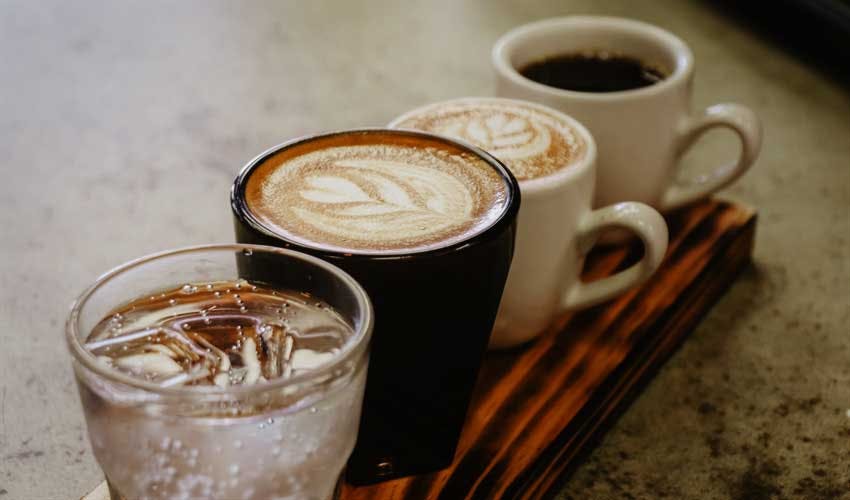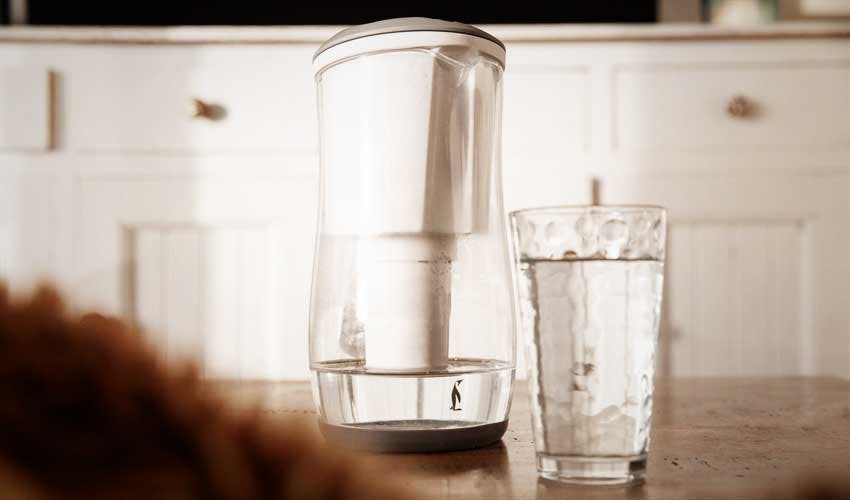We all know how essential body hydration is during the hot summer months, but our water consumption goes down the drain during wintertime. This is because there are fewer cues to drink water with the cooler temperatures, and you are less likely to feel thirsty than you would on hot summer days. For this reason, it is much more pressing to stay conscious of your hydration in the cold months than in the summertime.
It doesn't necessarily follow logic, yet it is true. Even if you are dehydrated, the body's thirst response decreases by up to 40% in chilly temperatures.
We are less thirsty in cold temperatures because our blood vessels contract. This restricts blood flow to our extremities (hands and feet). Close to freezing temperatures, the body works harder to maintain core temperature than maintaining fluid balance. As a result, the body is duped into believing it is sufficiently hydrated.

Dehydration Signs and Symptoms
Dehydration symptoms may be more challenging to identify in the cold. However, if you pay attention to your body, you should be able to detect the following signs:
- Increased thirst
- Amber-like Urine
- Low urine output
- Fatigue
- Dizziness
- Minimal sweat even with vigorous exercise

Tips for Avoiding Winter Dehydration
It doesn't matter if it's hot or chilly throughout the winter; drink extra liquids. Try to steer clear from caffeinated drinks like tea or coffee, as both can be diuretics. An alkaline water filter can save you the hassle of refilling and ensures you have a steady stream of good 'ole H20.

1. Using Mobile App to Keep track of Your Water Intake
Tracking your fluid intake on an app is a beautiful method to ensure you're getting enough throughout the year. We have researched and recommended the best water-tracking apps. These four fantastic applications will keep you on track over the cold months.

2. Consume more water-based foods
Did you know that increasing the number of fruits and vegetables in your diet might help you remain hydrated? This is because they provide a natural source of water as well as essential vitamins and minerals.
Soup is a hydrating dish that is ideal for the cold winter months. For a healthy dinner, add some veggies and protein.

3. Drink before, during, and after physical activity
It may sound simple, but you won't feel like drinking much before your workout in the cold. To stay hydrated, we recommend taking an eco-friendly water filter jug with you wherever you go. The last thing you want is sudden diarrhoea from contaminated water, which could lead to accelerated and ultimately fatal dehydration.

Which People are at Most Risk for Dehydration?
Anyone can get dehydrated, but small children, the elderly, and individuals suffering from chronic diseases are more vulnerable. Because of their tiny body weights and rapid water turnover and electrolytes, infants and children are especially susceptible. Unfortunately, they are also the group most prone to suffer from diarrhoea, leading to dehydration.
As you become older, your body's ability to save water decreases, your thirst sensation gets less intense, and you're less able to adapt to temperature changes. All of these variables enhance the likelihood of dehydration. In addition, older persons, particularly those in nursing homes or living alone, tend to consume less than younger people and may occasionally forget to eat or drink at all, increasing the risk of dehydration.

Conclusion
Winter is an excellent time to purchase a home water filter system. Our selection of Gentoo Water Filter jugs at Ecobud provides you with six levels of highly effective filtration so you can enjoy clean, healthy water anytime, anywhere.